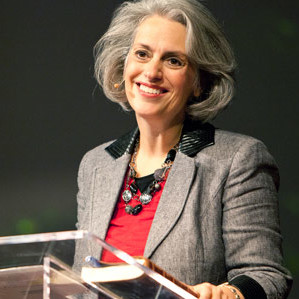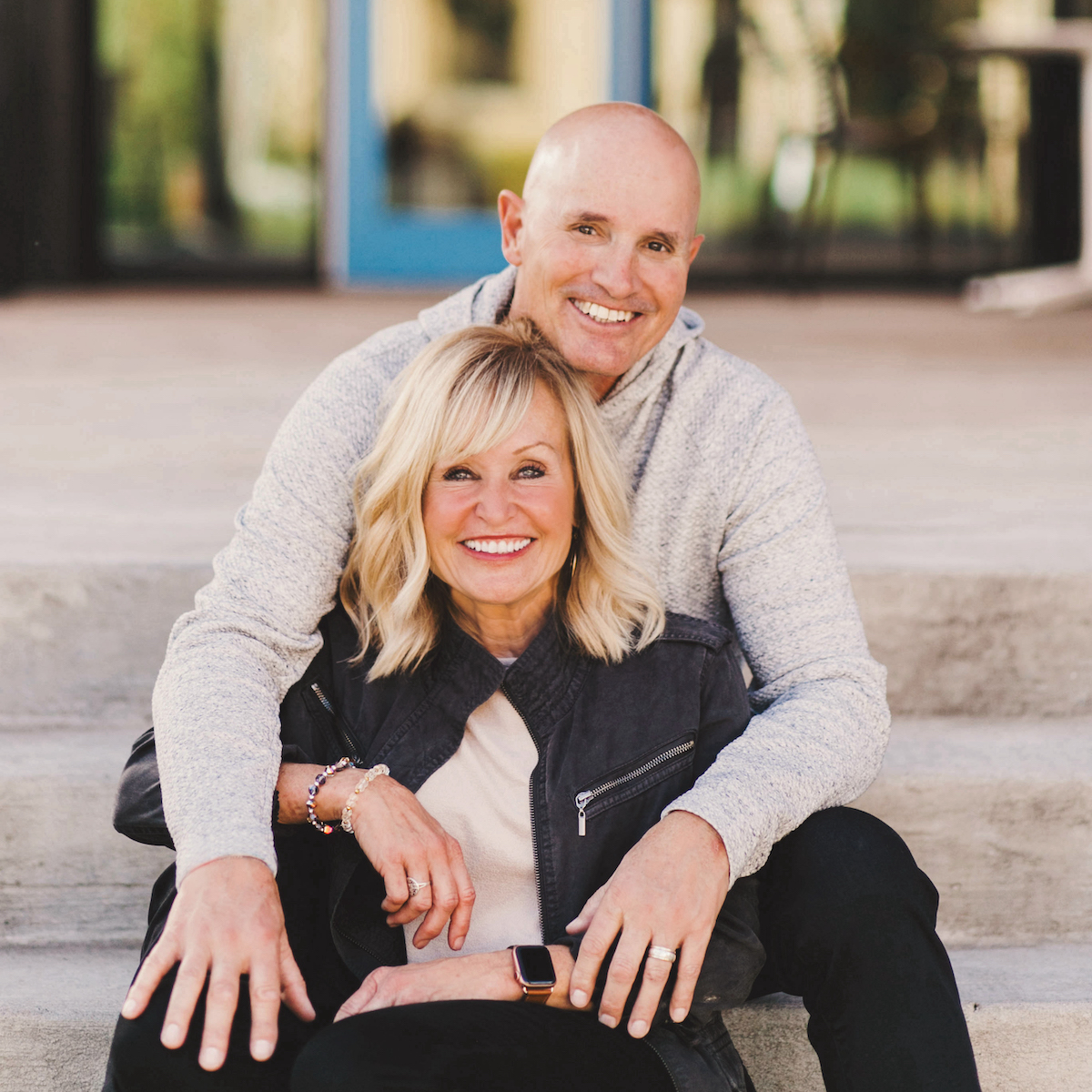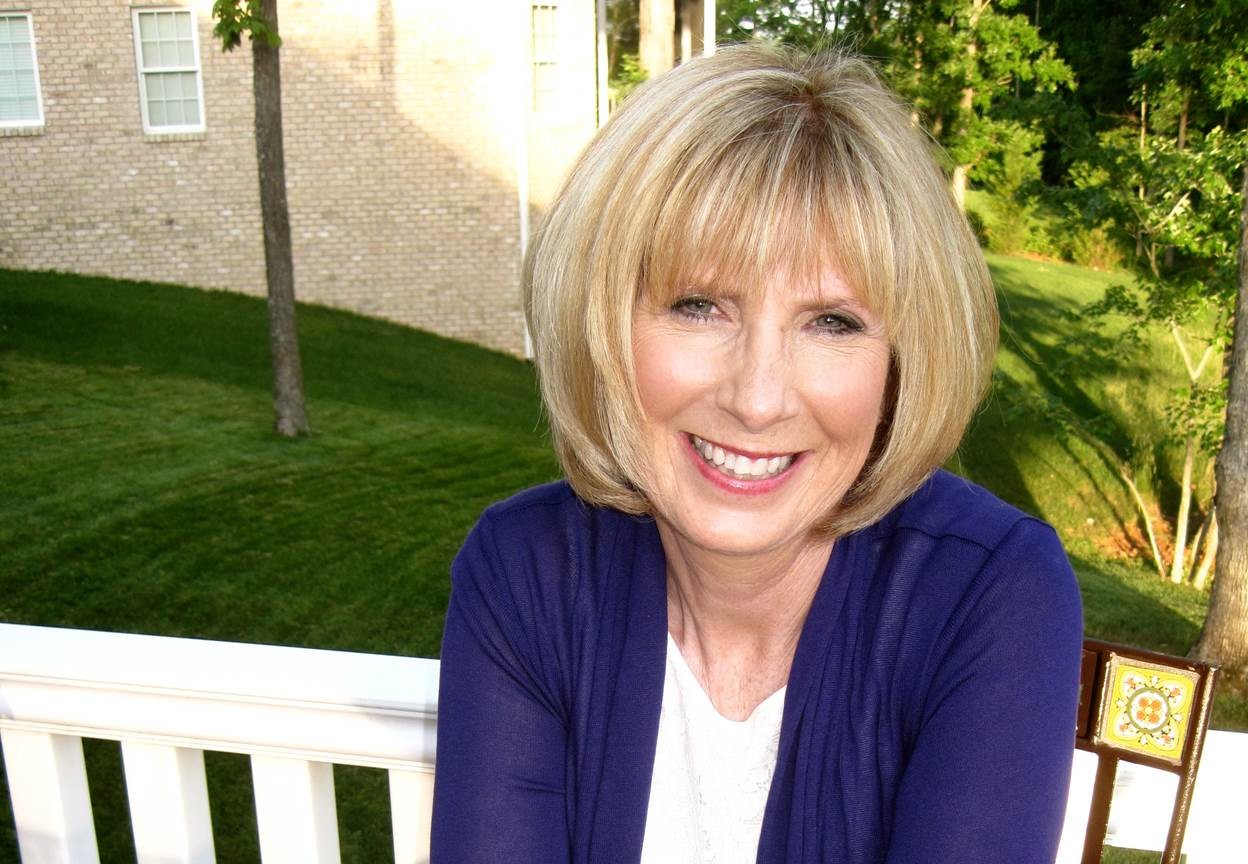This time of year, children dress up in costumes meant to be scary. But we don’t often think about how this might affect them. The truth is that a child’s brain cannot process scary things like an adult. Exposure to frightening images, movies, TV shows or even scare fests can lead to a child developing sleep disturbances, obsessional thinking and avoidance of the dark. In fact, research on the impact of scary movies on children tells us they can develop long-term fears if they are too young to process the images, see graphic images of blood and injury, and didn’t want to see the movie but did so due to peer pressure.
A child’s developmental stage is important to consider when exposed to scary images. Preschoolers cannot distinguish between real and unreal. Therefore, do not expose them to frightening scenes. If they do see an image, distract them and provide physical comfort. Simply telling them it is not real will not help.
School age children respond poorly when there are realistic portrayals of frightening things in a movie. Even though they can decide if images are real, the images are seared into their brain and can be bothersome. For example, if a child sees a movie in which someone his or her own age is hurt by a scary person, they can develop fears about getting hurt.
What about teens who say they like scary things? Well, what they watch often contains sexual content along with the horror. And females are portrayed as victims of fright. So what unconscious messages do they get from watching horror films?
Now, what about adults. Interestingly, researcher David Zald discovered that some people have a different chemical response to horror and thrilling situations. This response has to do with the release of dopamine (a feel-good chemical) in the brain, giving them more enjoyment from scary things. I am not one of those people!
However, a concerning reason for engaging in scary things is when people are curious about the ‘dark side”. They want to dabble in the unknown. This is dangerous territory because dark things are real and powerful.
The problem with a lot of scary things is that they elevate darkness and desensitize us to real evil and gore. The Bible tells us that our earthly struggle is “against the powers of this dark world and against the spiritual forces of evil in the heavenly realms” Ephesians 6:12. So, Christians need to be on alert to dark things. In fact, I would argue that evil should bother us, not be enjoyed. We should not be entertained by darkness that seeks to hurt and destroy people and things; especially when the darkness involves the occult and is glorified. It’s not good to expose yourself to these things.
Remember Paul’s question to the Corinthians, “For what fellowship has righteousness with unrighteousness? What communion has light with darkness?” 2 Cor. 6:14.
This question raises the issue of where something originates—from God or from another source. Don’t dabble in witchcraft, horoscopes, tarot cards, palm reading, fortune telling, pentagrams or medium channeling. All of these are divinations and not from God.
The culture is getting darker and darker, but we are the light of the world. And light breaks through darkness. So be careful with scary things. If it’s the rush of a sky dive, that’s one thing, but when it involves spiritual darkness, don’t engage unless you fight against it.








